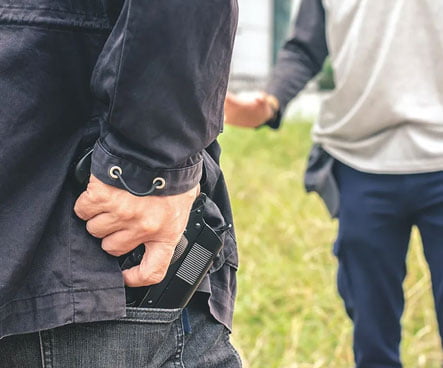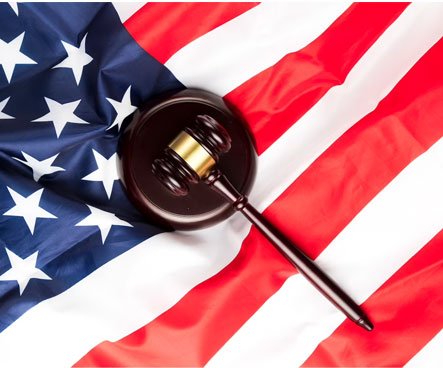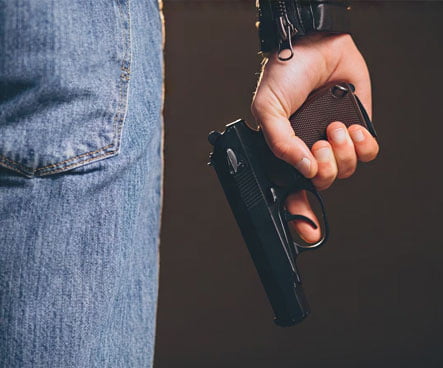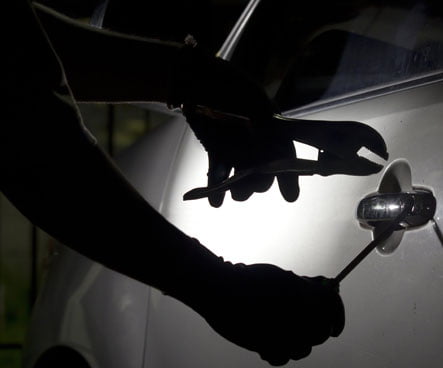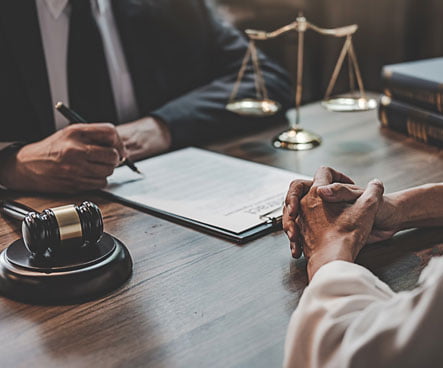Atlanta Federal Grand Jury Investigation Lawyer
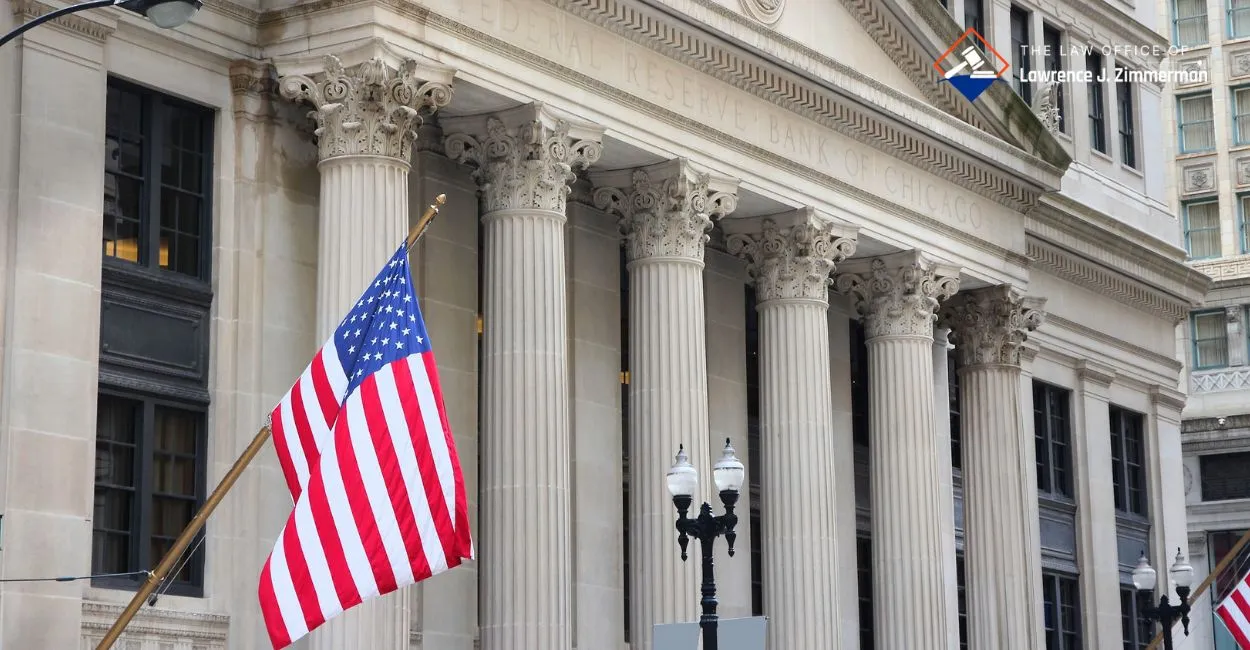
Federal Grand Jury Investigation
Atlanta Federal Grand Jury Investigation Attorney
The stakes are high when you face a federal grand jury investigation. The consequences of the decisions you make during the process can affect your life, reputation, and freedom for years to come. It is essential to seek assistance and guidance from an Atlanta federal grand jury investigation lawyer to navigate the federal legal system successfully. Securing proper counsel can give you the confidence and support required to work toward the most favorable outcome.
Lawrence J. Zimmerman at The Law Office of Lawrence J. Zimmerman is dedicated to protecting and defending the rights of those who are facing federal grand jury investigations. Our team has both the experience and the knowledge of federal grand jury procedures to effectively defend you. Choosing us for your legal representation is one way to set yourself up for success.
Understanding Federal Grand Jury Investigations
The United States government uses a federal grand jury investigation to determine if there is probable cause to believe someone committed a specific federal crime. Based on all evidence presented, a grand jury will ultimately return one of two verdicts: a true bill or no-bill. A true bill verdict means the grand jury decided to indict the defendant, and the case will proceed to trial. A no-bill verdict means the grand jury determined the prosecution did not show evidence of probable cause, and the case gets dismissed.
It is important to be aware that even if a grand jury returns a no-bill verdict, the prosecution may continue investigating the crime. If more evidence is found, the prosecutor can present the case to another grand jury at some point in the future.
When a grand jury investigation takes place, a district attorney may issue a subpoena ad testificandum, requiring a person to testify, or a subpoena duces tecum, requiring a person to produce evidence.
In Atlanta, you are legally obligated to respond to a subpoena appropriately. Refusing to respond can result in a contempt of court charge, potentially punishable with a fine or imprisonment. The target of the investigation and anyone who may have relevant information, like subjects and witnesses, can be subpoenaed:
- The target in a federal grand jury investigation is the person or entity who is the main focus of the investigation. The prosecution has every intention of bringing criminal charges against you if they deem you a target.
- Being a subject in a grand jury investigation means the grand jury believes you may have committed a crime, but there’s not enough evidence to label you a target.
- As a witness, you are not currently under investigation, but the prosecutor believes you have information that will aid in the investigation.
If you receive a subpoena for a grand jury investigation, contact a lawyer immediately, even if you are only called as a witness. As the investigation progresses, a witness can become a subject, and a subject can become a target if implicating evidence is revealed. Whatever the reason you are receiving the subpoena, you have the right to remain silent and not incriminate yourself. However, you should speak with a lawyer before deciding to invoke this right, as there could be consequences.
Why Do I Need a Federal Grand Jury Investigation Lawyer?
Given the complex nature and gravity of a grand jury investigation, anyone who finds that they are involved in such an inquiry should speak with a federal grand jury investigation lawyer the moment they become aware of the investigation. Hiring a lawyer for this process is crucial for several reasons:
- Legal experience. A lawyer who has experience with federal grand jury investigations can make sure you understand the potential charges against you, the implications of the investigation, and your rights as a target, subject, or witness.
- Protect your rights. During a federal grand jury investigation, a lawyer can ensure your rights are protected, including your right against self-incrimination.
- Guidance with subpoenas. When you receive a subpoena, a lawyer can make sure you understand it and help you respond. They can also review any evidence that may be presented to the grand jury.
- Defense. A skilled lawyer can build a defense that will challenge the potential arguments and evidence of the prosecution.
- Negotiating. If the grand jury returns an indictment, a lawyer can handle negotiations with the prosecution on your behalf. They can potentially secure a plea bargain in your favor or reduce charges.
FAQs
Q: How Many Grand Jurors Are Needed to Indict in Georgia?
A. In Georgia, between 16 and 23 people sit on the grand jury to listen to testimonies and review evidence. Unlike a trial jury that requires a unanimous vote for conviction, a grand jury only needs a majority vote of 12 jurors to issue an indictment. Furthermore, only 16 of the 23 grand jurors must be present for a vote to occur.
Q: Who Picks the Grand Jury in Georgia?
A: The grand jury in Georgia is randomly selected from a list provided by the Council of Superior Court Clerks. The list generally includes all qualified citizens in a county and is sourced from Voter Registration, the Department of Driver’s Services, and other sources if necessary. The random selection is meant to maintain impartiality and fairness in grand jury proceedings.
Q: What Are the Secrecy Rules for Grand Jury Members in Georgia?
A: The secrecy rules for grand jury members in Georgia are fairly strict. All members of a grand jury must swear an oath to keep deliberations a secret unless they are called upon to provide evidence in a state court. Jurors are expected to abide by this oath during their service to ensure the grand jury can effectively carry out its duties.
Q: How Often Does the Grand Jury Meet in Georgia?
A: In Georgia, the frequency at which a grand jury meets depends on the county. In some counties, the grand jury will typically meet once a week over a three-month period of service. In others, the grand jury will meet twice a week in a two-month period. This frequency of meetings ensures that the grand jury can review cases and make decisions about those cases in a timely manner while still allowing the jurors to fulfill their other obligations.
Schedule a Consultation With The Law Office of Lawrence J. Zimmerman
At The Law Office of Lawrence J. Zimmerman, our team is committed to providing our clients with the proper support and a strong defense, ensuring they are well represented. You can trust that your case is in capable hands with us. Contact our office to schedule a consultation today.
Office Location
Meet With A Lawyer
Schedule A Consultation
Fields Marked With An “*” Are Required



